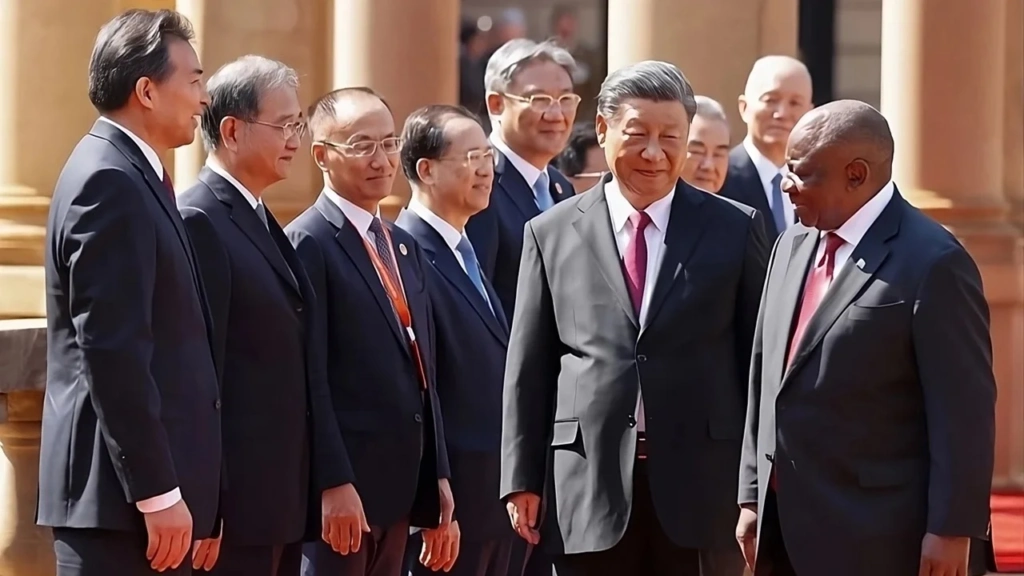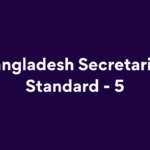In the ever-evolving landscape of international relations and economic dynamics, the BRICS group has emerged as a prominent player, uniting five major emerging economies: Brazil, Russia, India, China, and South Africa. As these nations prepare to convene for the 15th heads of state and government summit in Johannesburg from August 22 to August 24, the significance of BRICS cannot be underestimated. In this article, we delve into the essence of BRICS, its historical context, member countries, and the intriguing prospect of new nations seeking to join its ranks.
The Genesis of BRICS
The term “BRIC,” which originally excluded South Africa, was coined in 2001 by Jim O’Neill, then Chief Economist of Goldman Sachs. He recognized the immense growth potential of Brazil, Russia, India, and China, and their ability to reshape the global economic landscape. This term was later expanded to include South Africa, forming the BRICS alliance.
An Alternative World Order
BRICS was established in 2009 as an informal club, designed to provide a platform for its member nations to challenge the dominance of the existing world order, largely shaped by the United States and its Western allies. Russia played a pivotal role in initiating the creation of this alliance, aimed at promoting a multipolar global landscape that reflects the interests of emerging economies.
Beyond Formal Multilateralism
Unlike formal multilateral organizations such as the United Nations, World Bank, or OPEC, BRICS operates as an informal association. The annual summits bring together the heads of state and government from member nations, with each country assuming a one-year rotating chairmanship of the group. This structure reflects a shared commitment to collaboration without the bureaucratic complexities associated with traditional international institutions.
The Core Members and Beyond
Brazil, Russia, India, China, and South Africa collectively account for more than 40% of the world’s population and a quarter of the global economy. These nations, each possessing unique strengths, have formed the foundation of BRICS. South Africa, the smallest member in terms of economic influence, joined in 2010, marking the expansion of the group. Together, they not only represent economic powerhouses but also have the potential to drive global policy shifts.
Economic Cooperation and Multilateral Trade
BRICS is not merely a geopolitical entity; it is a force for economic cooperation and multilateral trade. The focus goes beyond challenging the existing global order and extends to fostering collaboration in economic realms. The bloc emphasizes consensus-driven decision-making, and all BRICS countries are also part of the influential Group of 20 (G20) major economies.
Aspirants to BRICS: A Shift in Global Paradigm
The allure of BRICS has attracted interest from over 40 countries, including Iran, Saudi Arabia, United Arab Emirates, Argentina, and more. These nations view BRICS as an appealing alternative to traditional global bodies that they perceive as being dominated by Western powers. The desire to access development finance, increased trade, and investment opportunities drive their interest in BRICS membership.
Geopolitical Discontent and the COVID-19 Factor
The COVID-19 pandemic exacerbated existing dissatisfaction among developing nations with the global order. The unequal distribution of life-saving vaccines highlighted disparities between affluent countries and the rest of the world. This discontent has fueled a desire among aspiring BRICS members to seek an alternative that better serves their interests and aligns with their geopolitical perspectives.
A Broader Canvas: Aspiring Nations and Their Motivations
Iran, with its substantial oil reserves, hopes for a swift decision on new membership mechanisms. Saudi Arabia, backed by Russia and Brazil, seeks to join the ranks of BRICS. Argentina, having received China’s formal support, aims to leverage BRICS for its economic development. Ethiopia, a rapidly growing African economy, seeks a platform to secure its interests.
Forging New Partnerships and Shifting Alliances
Bolivia, under President Luis Arce, aspires to BRICS membership. The nation aims to reduce reliance on the U.S. dollar, aligning with the broader BRICS goal of reducing dependency on Western currencies. Algeria, rich in oil and gas resources, envisions strengthening partnerships and diversifying its economy through BRICS engagement.
The Road Ahead: A Multipolar Global Order
BRICS has evolved from a concept to a powerful alliance, reshaping international dynamics and providing a platform for emerging economies to collectively exert influence. As the world witnesses the 15th BRICS summit in Johannesburg, the group’s commitment to economic cooperation, multilateral trade, and geopolitical balance continues to shape the global narrative. The journey ahead for BRICS and its aspirants holds the promise of a more multipolar and inclusive world order, one that stands in stark contrast to the traditional Western-dominated paradigm. In conclusion, BRICS represents a paradigm shift in the global order, uniting major emerging economies in a collaborative endeavor to challenge existing norms and foster economic growth. As the world closely watches the summit unfold in Johannesburg, the aspirations of aspirant nations underscore the significance of BRICS as a force for change








